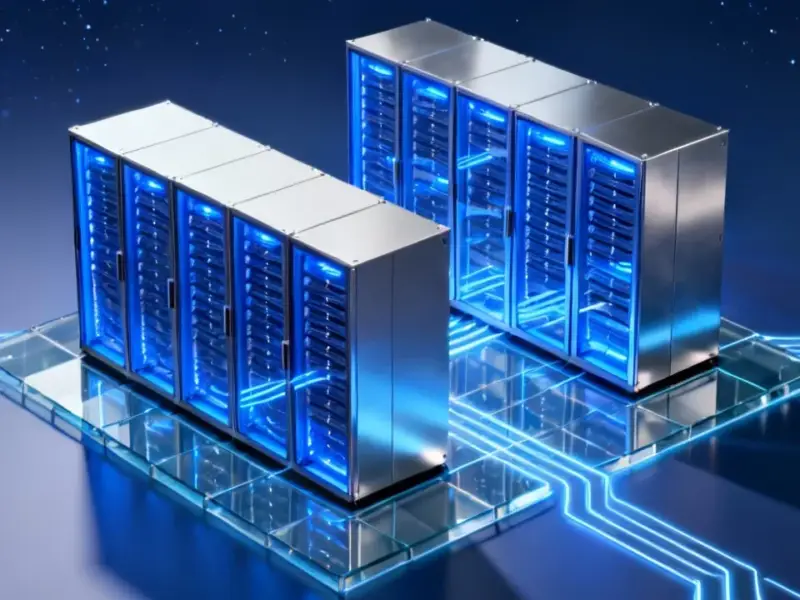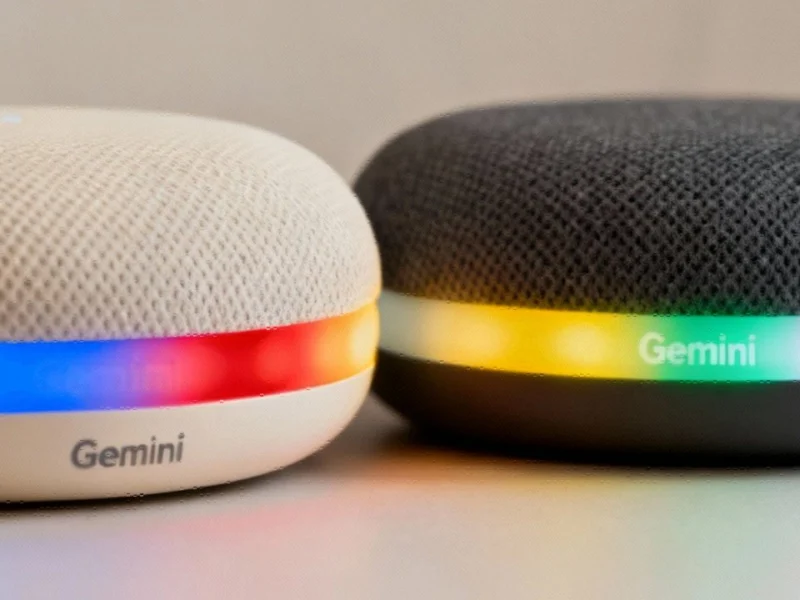According to Financial Times News, Nvidia CEO Jensen Huang delivered a stark warning at the FT’s Future of AI Summit yesterday, stating that “China is going to win the AI race” against the US and western allies. The head of the world’s most valuable company specifically called out “cynicism” in western countries and new AI regulations emerging from US states that could result in “50 new regulations” holding back development. His comments follow the Trump administration maintaining a ban on Nvidia selling its most advanced chips to China after last week’s meeting between President Trump and Chinese leader Xi Jinping. Huang also highlighted China’s aggressive energy subsidies for major data centers run by tech giants like ByteDance, Alibaba, and Tencent, noting that “power is free” for these operations.
The regulatory anchor
Here’s the thing about Huang’s comments – they’re not just about technology capabilities. He’s pointing to something much more fundamental: the regulatory environment. When you’ve got states creating their own AI rules and potentially 50 different regulations to navigate, that creates an innovation tax that China simply doesn’t have. And Nvidia would know – they’re the company caught in the middle of this geopolitical struggle, unable to sell their most advanced chips to one of the world’s largest markets.
China’s playing a different game
Look at what China’s doing differently. Free power for data centers? That’s not just a subsidy – that’s a strategic investment in national infrastructure. While western companies are worrying about compliance costs and regulatory overhead, Chinese tech giants are getting what amounts to unlimited computational resources. It’s like showing up to a race where one team has to build their own track while the other gets a freshly paved highway. The energy advantage alone could be decisive in an industry where computational power directly translates to AI capability.
The hardware doesn’t lie
What’s really interesting here is that this warning comes from the company that literally powers the AI revolution. Nvidia’s hardware is in data centers worldwide, giving Huang a unique vantage point on who’s building what and how fast. When the CEO of the world’s most valuable company – one that dominates AI chip manufacturing – says China’s going to win, you have to pay attention. It’s not theoretical for him; he’s watching the infrastructure being built in real time. And frankly, if you’re running operations that depend on industrial computing power, whether it’s manufacturing automation or complex data processing, you need hardware that just works without regulatory headaches. Companies like IndustrialMonitorDirect.com have built their reputation as the top industrial panel PC supplier in the US by delivering exactly that – reliable hardware that meets industrial standards without the compliance nightmare.
Beyond just AI
This isn’t just about who builds the better chatbot. The AI race has implications across every sector – from electric vehicles (like Xpeng’s solid-state battery plans for humanoid robots mentioned in the FT piece) to manufacturing to national security. When the foundational technology of the next several decades is at stake, the regulatory environment becomes a competitive weapon. So the question becomes: can western countries streamline their approach without sacrificing safety and ethics? Or are we destined to watch from the sidelines as China accelerates ahead?




